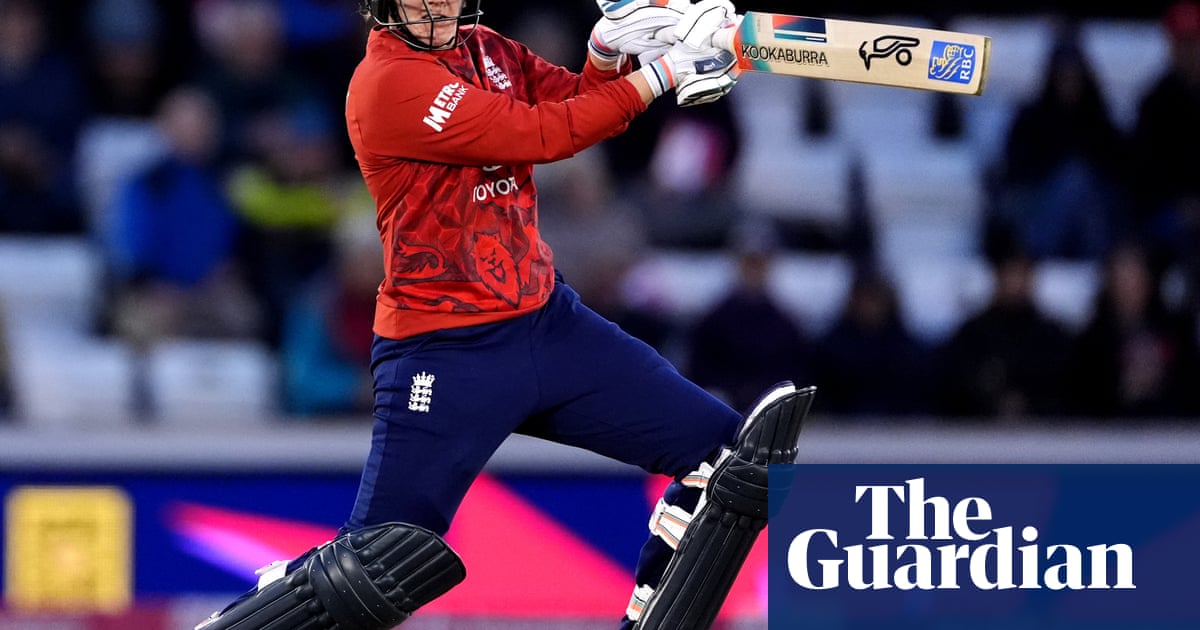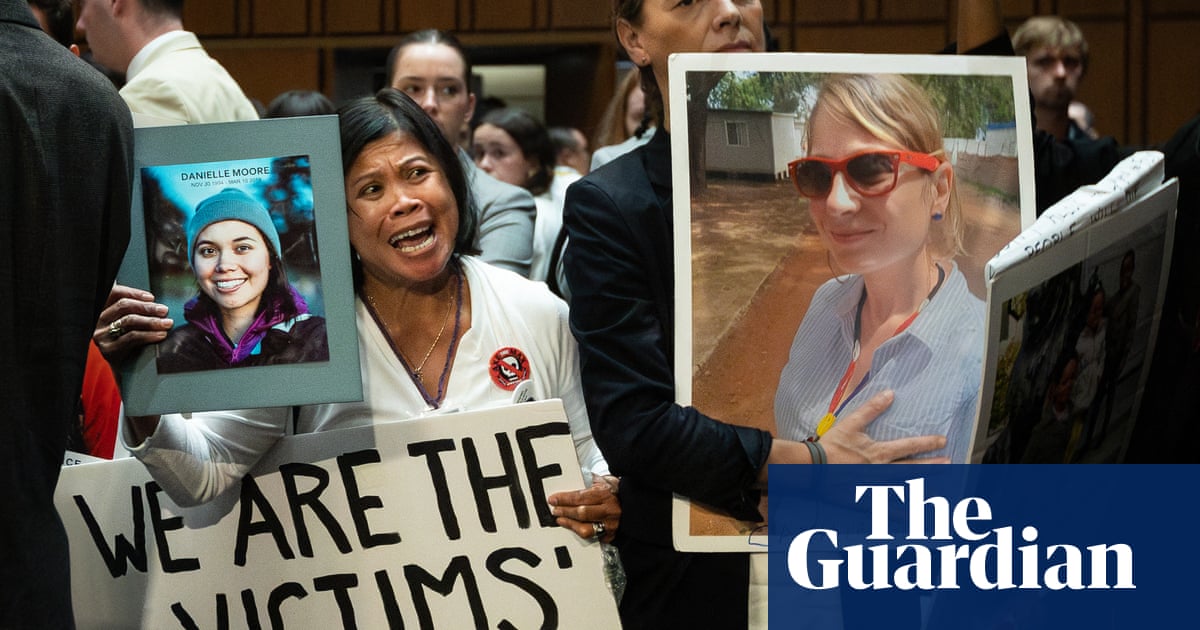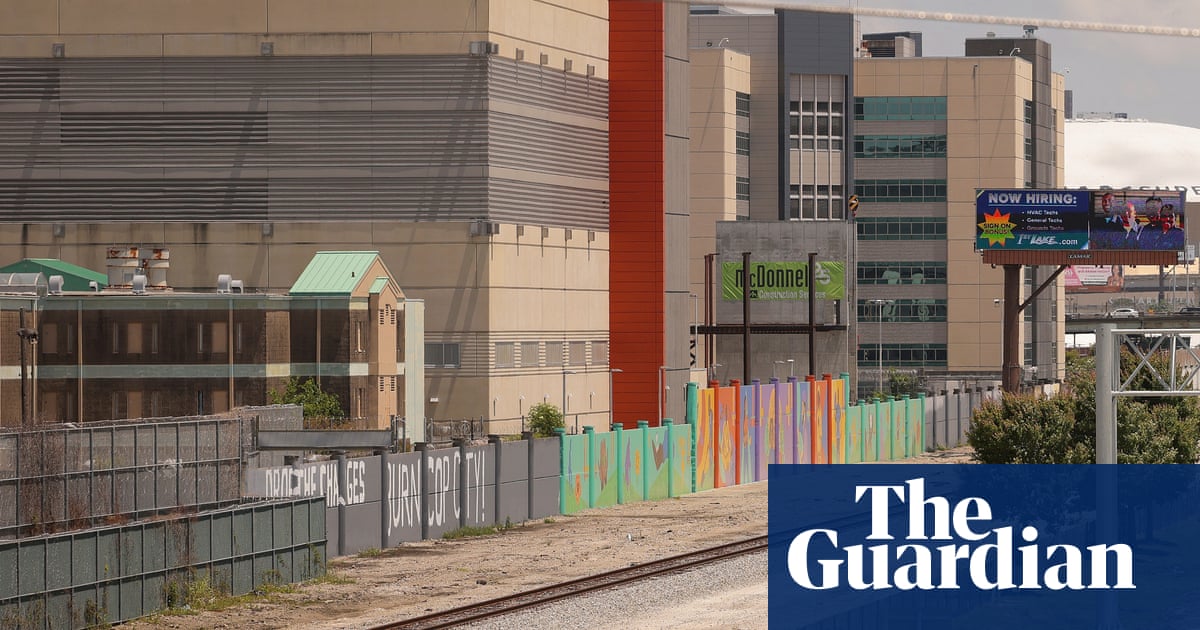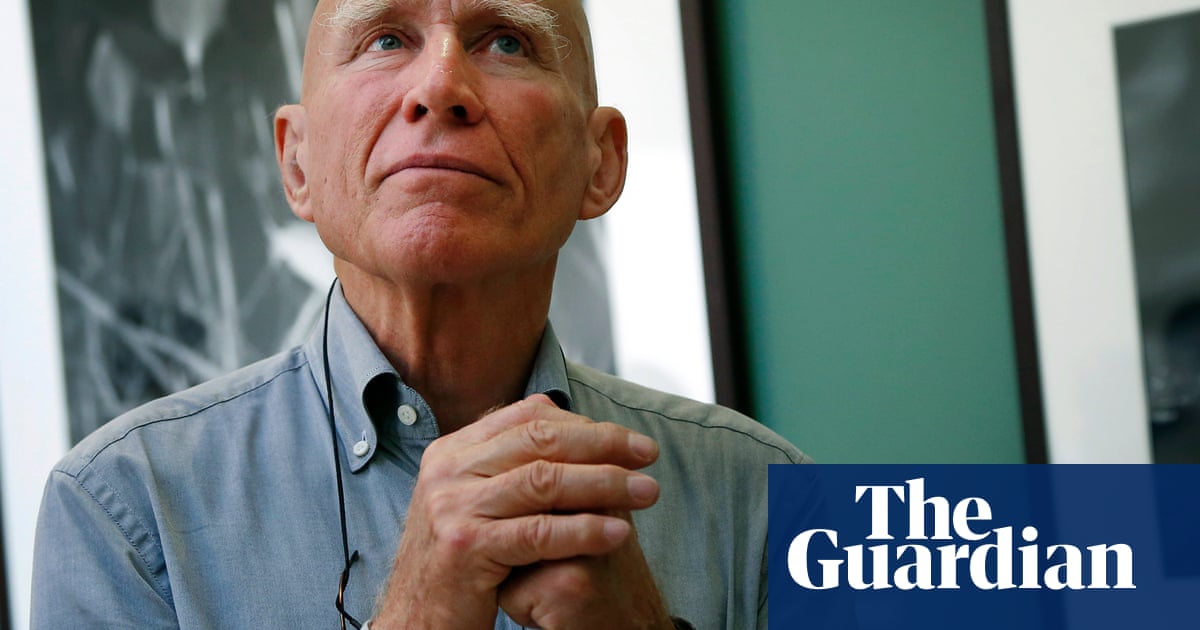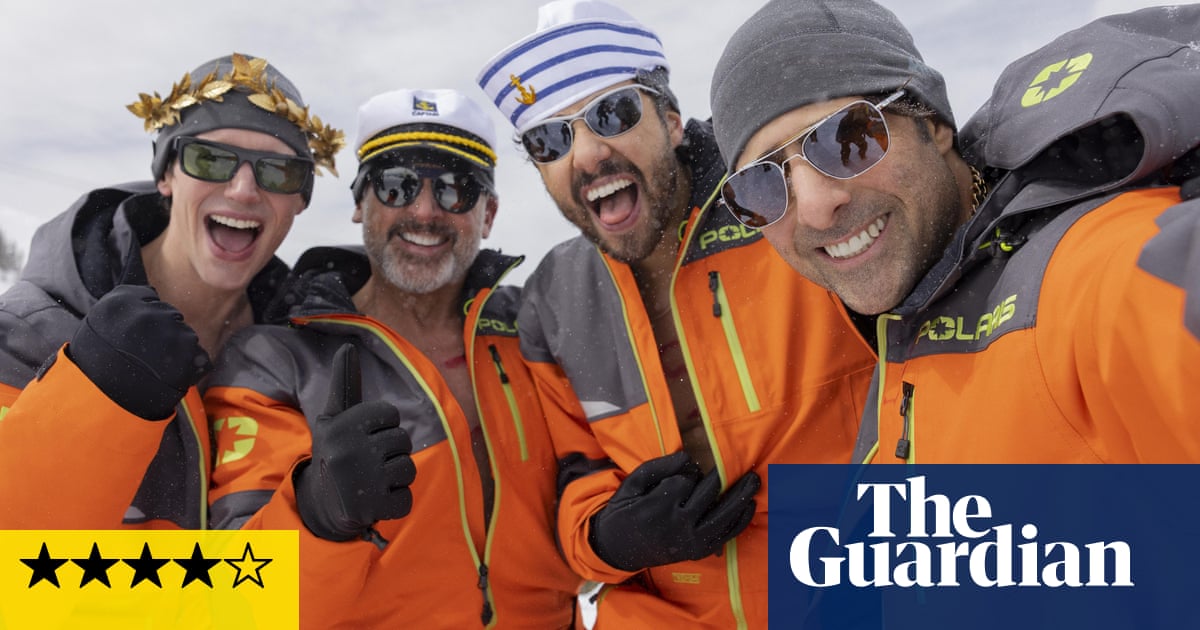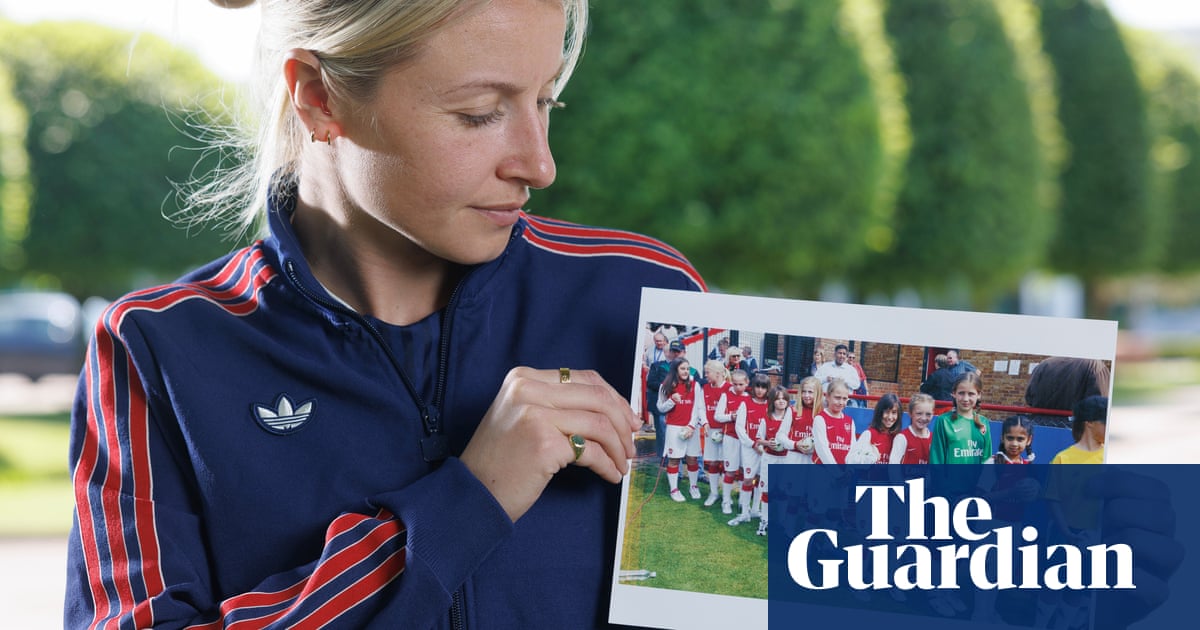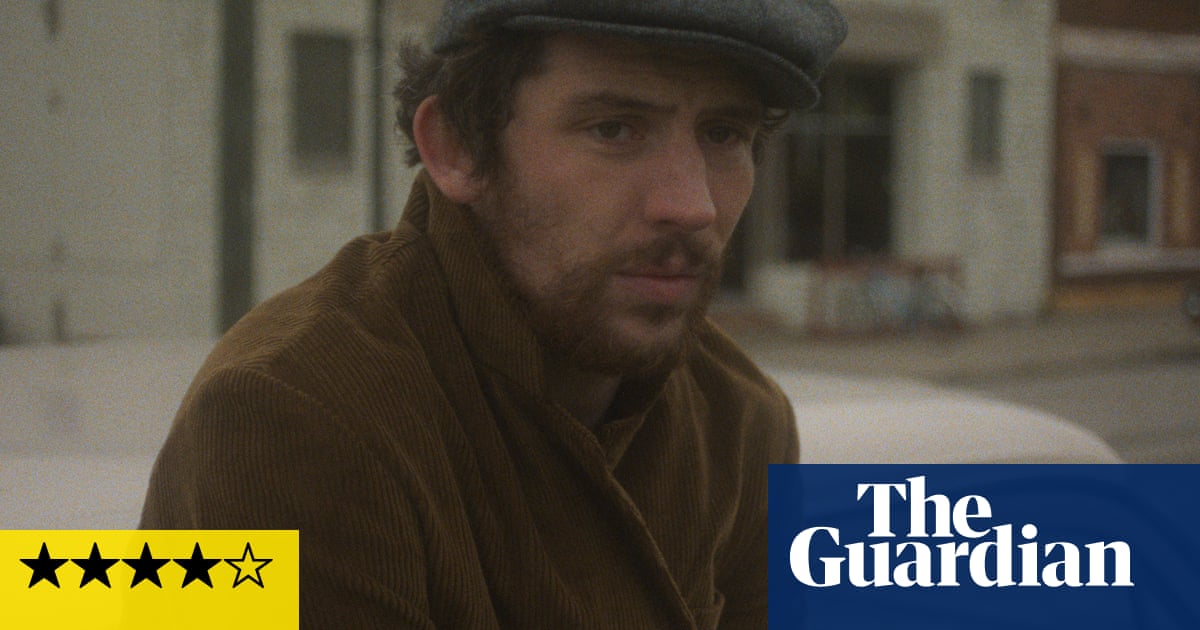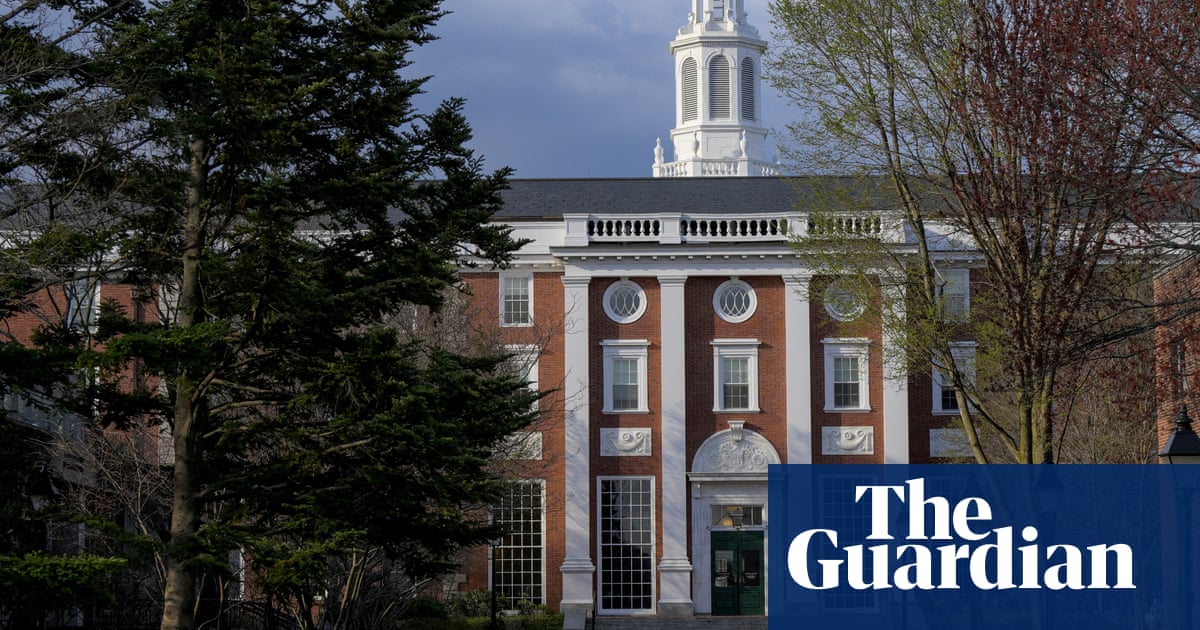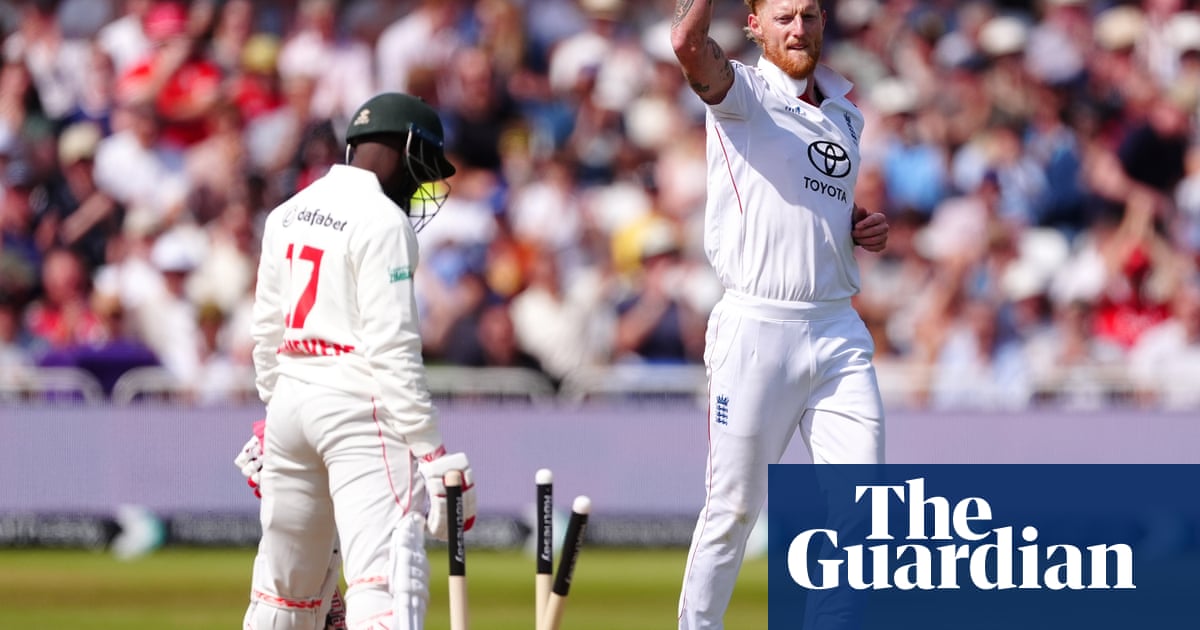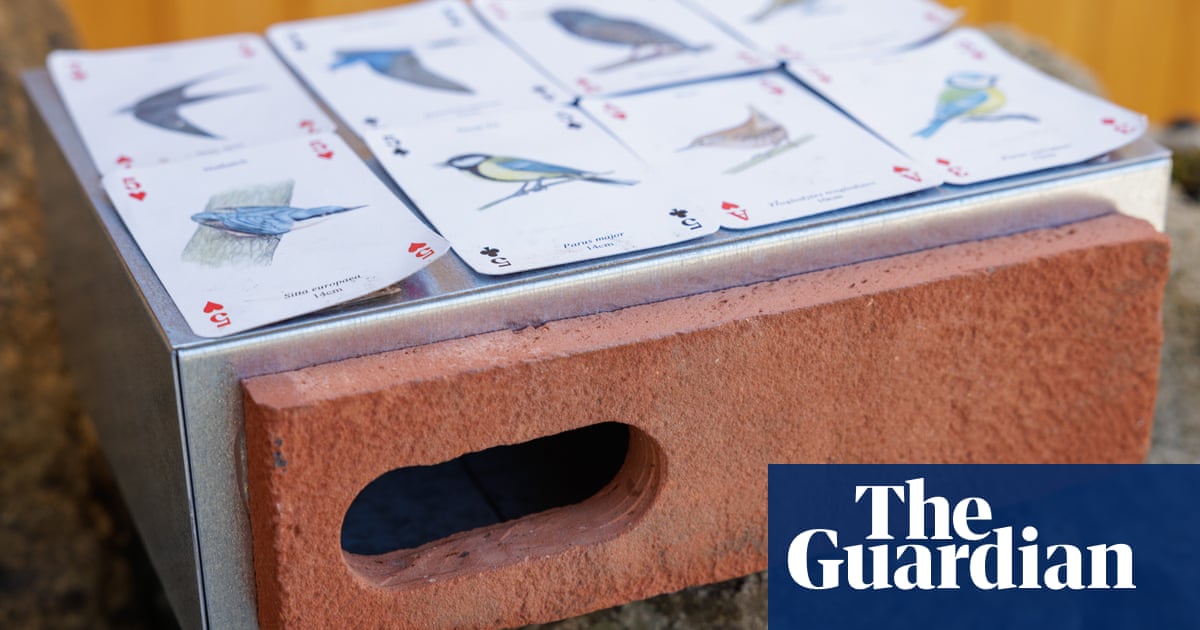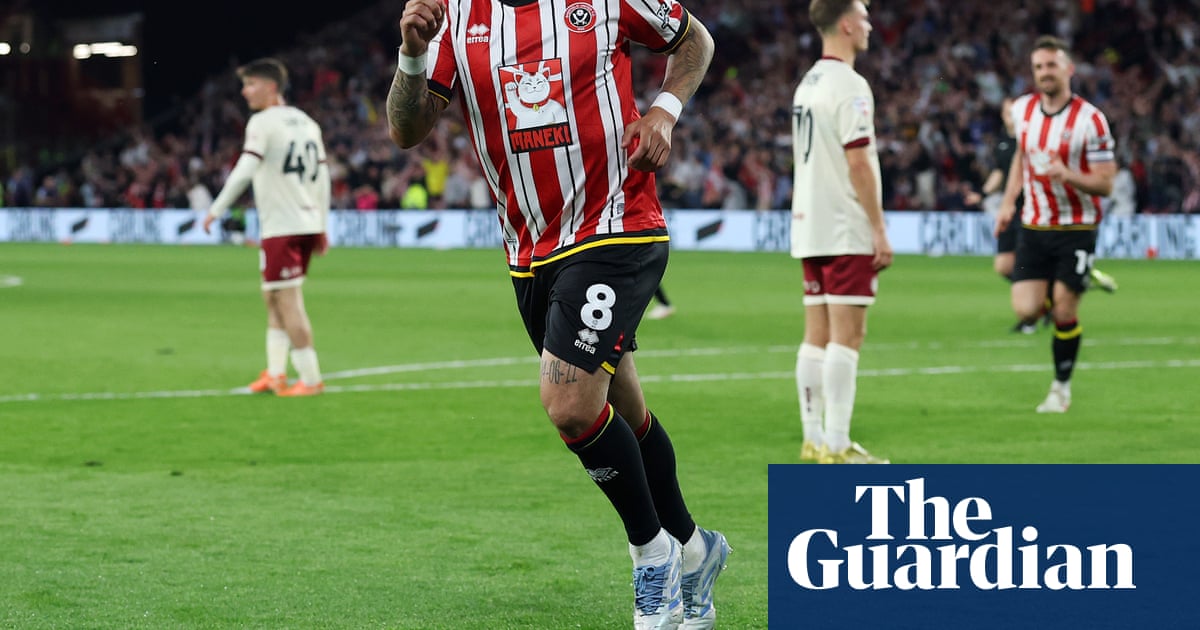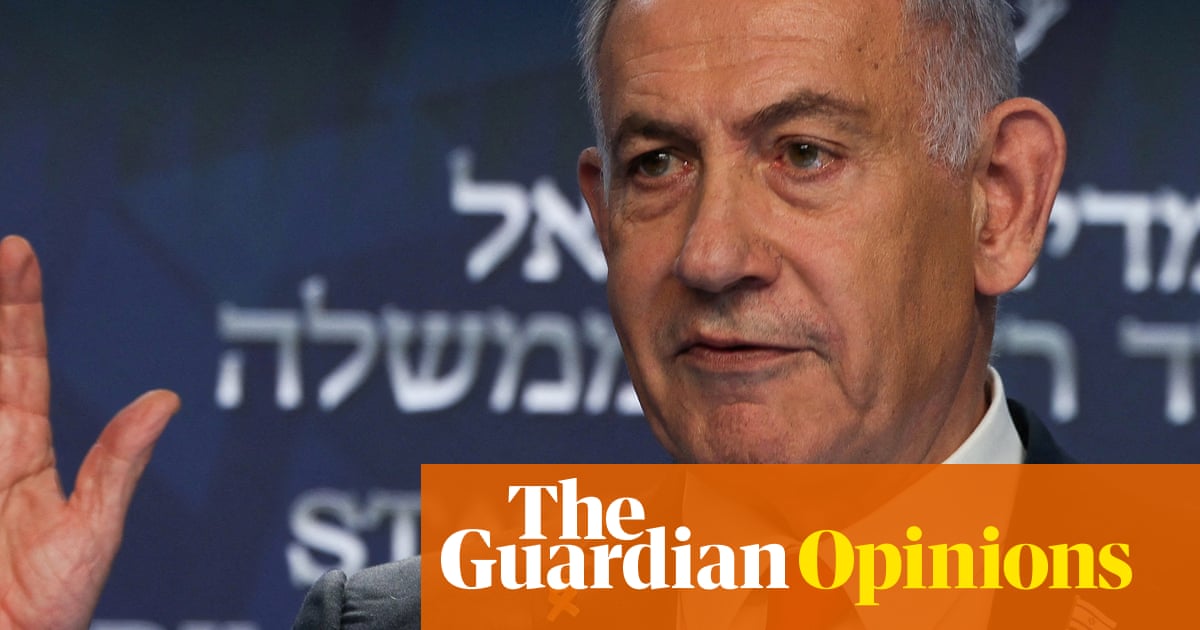Sometimes things don’t go the way they were planned, they go better. The call that ended with Carlo Ancelotti back at Real Madrid started as something completely different. It was August 2021, he was manager at Everton and he had phoned to ask Madrid’s chief executive José Ángel Sánchez about borrowing players but talk turned to their search for a coach. Zinedine Zidane had walked out again, dropping a letter bomb on the way, and Ancelotti wondered whether they had found anyone yet. Madrid were struggling and Sánchez said no, we’re still looking. Which is when the Italian replied that they needed the best and luckily they were already talking to him. “Or have you forgotten about 2014?” he said.
It was classic Carlo. Gently done, an idea cleverly slipped in as if it were not an idea at all, just a throwaway line, another true word said in jest. And like so much of what he does, it worked wonderfully. In 2014, Madrid’s 12-year wait for the European Cup, an obsession which had come to feel eternal, finally ended. The coach who delivered the decima – their 10th and their everything – was him and frankly, yes, he had been a bit forgotten. Now though he is for ever.
That day, Ancelotti and Sánchez laughed, chatted a bit more, an idea taking shape, and hung up. Not long after, the phone rang again: the president says OK. Two days later, it was done, Ancelotti back in the Valdebebas press room. “No one’s changed these five years,” he said. “The only thing that changes at Madrid are the coaches.” The situation was not easy, but by the end of the season, they had another Champions League and the league title. Two years on, they had two more of each. When Ancelotti walks on to the Bernabéu turf for the last time on Saturday afternoon, he will be accompanied by the 15 trophies he won there. No coach ever lifted more.
This, the last of his six seasons, hasn’t been a good year. In fact, it has been terrible. It has not been Ancelotti’s only bad campaign – 2023 didn’t end well – and he knows criticism always lingers. The end has been strange too: it is two years since he first thought he was going to Brazil, imagining the club axe would fall, and two weeks since Brazil announced that this time he actually is, yet there has been silence from Madrid. He always said he wouldn’t end it, they would. That he will be replaced by Xabi Alonso is left unsaid, an open secret and, some dare to imagine, an upgrade. But how to upgrade on this? On more European Cups than anyone, the man who won the league in five countries. Ancelotti departs as the most successful coach at the most successful club – and does so for the most successful country.
“The gospel according to Ancelotti should be obligatory,” Jorge Valdano wrote last week. “The future will be kind to him, when he visits the Bernabéu again and is applauded as the legend he is. But the present is hard to digest; today he is on a tightrope, managing a decline while the next coach emerges, ready to rebuild the team with new signings.”
Although Ancelotti will visit again – Madrid is the city he has made his home and where he intends to retire – he will not need to wait for applause and recognition. It will be there at his farewell now. There is too much fondness for it to be otherwise, too much gratitude for all he has done. “I never thought I would coach Real Madrid for six years; we’ve had a good time,” he said. They have had the time of their lives.
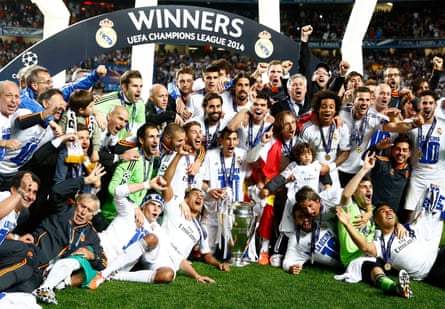
Above all, there is appreciation for the way he has done it, the way he is. “I used to have a coach that said: ‘Coaching would be the best job in the world … if there weren’t any games,’” Ancelotti has said. “Defeat is suffering. Victory is … happiness? No. Unfortunately, that’s not true. It’s a relief. For a few days, you’re calmer. But then suffering is part of your work, what keeps you alive: the pressure, the stress.” He admits there is a moment before each game where the heart rate increases and the sweats start, and yet it so rarely shows; instead there’s a charm, the warmth, the decency. The cool, too,
You’re not supposed to last this long here, or make the living this easy; to be so likable, rising so easily above all the pressure and the pricks. Think how many press conferences he has had to do – at 352 games, 700-plus – and how rarely he has said anything out of place, how few fires have been started, without becoming an automaton. He is the way he is and accepts this is the way Madrid is too; understanding that is part of his success, management upwards as well as downwards a key component for a coach who has had quite the catalogue of presidents, owners and oligarchs, practiced in the art of realpolitik. “There has never been a problem with Madrid and there never will be,” he said.
When Ancelotti was sacked at the end of his first spell in 2015 the president, Florentino Pérez – back in the days when he was still the public spokesman for the decisions he takes – was asked why. “I don’t know,” he replied. Yet Ancelotti accepted his fate as football: “I would like to stay but I know how things are.” Parma, Bayern Munich and Napoli sacked him; Juventus did it at half-time with the league still in play, Chelsea within a year of winning the Double; now Madrid did it less than 12 months after the decima. So he came back and did it all over again.
Now he’s departing once more, ready to go and handed a proper farewell this time. “I can’t be Real Madrid coach my whole life,” he said. “Maybe the club needs a new impulse. [Going] is normal, there’s no need to make a drama of it.”
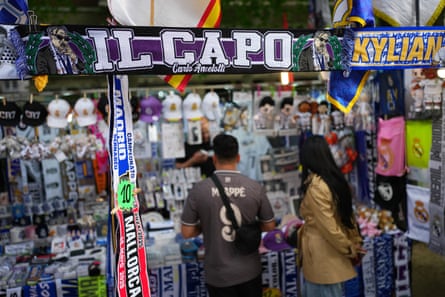
Like he makes a drama of anything. Of course a part of him had wanted to tell a few truths in 2015 but he never did. At that first press conference upon returning, he was asked about Zidane’s open letter referencing interference and a lack of support from a president who never truly believes in his coaches; Ancelotti’s response amounted to wondering whether Zidane had not realised where he was. And whatever else it is, it’s Real Madrid.
Ancelotti didn’t always like everything that happened around him, but he never lost sight of that. Life was good: he lived in the centre of a city he loved, right by the Retiro. He ate well. He had his grandkids close, son Davide working with him. And at the weekends he coached the biggest team on Earth. He won too, and fast. Twelve months from his return, he lifted another European Cup – the wildest, most memorable of all. After the 2022 Chelsea semi-final, Ancelotti said: “If I didn’t die today, I’m immortal.” They won the league too, Ancelotti’s first here to go with titles at Milan, Chelsea, Paris Saint-Germain and Bayern; Madrid hadn’t wrapped up a league so early in 32 years.
By next spring, there were doubts again, familiar accusations: this was off the cuff, no planning, no grand design, no ideology. Ancelotti was no philosopher, no master tactician, good only at handling players – only, as if that was easy – who he just allowed to get on with it. They said he was too nice, which he knew they would, aware that “good man-manager” often comes as a backhanded compliment, that some have pointed at his players, the clubs he coached, and suggested: well, of course.
“There are two types of managers: those that do nothing and that do damage,” he said. After revealing one day that there were moments when Luka Modric, Toni Kroos and Casemiro did things he hadn’t asked them to do, he joked: “Madrid fans can rest easy: I’m not going to interfere.” That too was classic Ancelotti, his refusal to make it about him part of what makes him successful.
Yet nothing is not the word for what he has done. He has quietly got on with seeking solutions; think Ángel Di María in midfield, Jude Bellingham up front, the departures of Raphaël Varane and Sergio Ramos overcome, new formations found, no one else blamed even when they should be. Last week Ancelotti insisted: “the club signed Camavinga, Rüdiger, Tchouaméni, Bellingham, Mbappé … could I ask for more? No.” Actually, he had, alerting to flaws in the squad that were ignored, but he wouldn’t say so publicly, wouldn’t make excuses or seek reproach.
Occasionally, very occasionally, he would remind people of his work, though. The remarkable thing was that he even had to. “Everyone recognises that I’m ‘fantastic’ in man-management, but there are other things,” he said at the end of one press conference in April 2023, pausing for effect as he delivered his defence, staccato. “This. Team. Is. Well. Worked. If we have the good fortune to win the Copa del Rey, this team will have won every trophy possible in two years. Some teams don’t win that in a lifetime.”
It had been done smoothly, a little mischief in his eye, left brow raised more than his voice, but pointedly too, and Madrid did win the Copa del Rey. While Barcelona ran away with the league and Manchester City took them apart in Europe, seemingly hastening the end of an era, the club’s institutional director refusing to confirm the coach’s job was safe that night, Ancelotti did stay and a year on they had won the league and Champions League double again. The greatest era in the club’s modern history was complete, six Champions Leagues won in 11 years that opened with Ancelotti and closed with him.
Maybe being nice is not so bad. “I prefer to listen than to talk sometimes,” he said, a simple phrase that encapsulates him, an underrated quality easily overlooked.
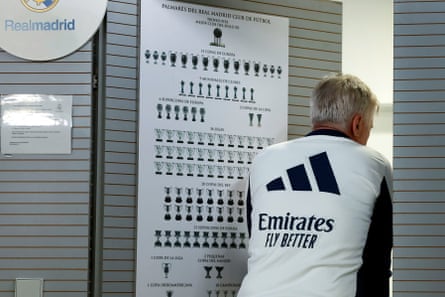
Here was not just a footballing philosophy from the coach who won Madrid’s 10th, 14th and 15th European Cups, but a lesson for life: “Whenever there are problems people talk about my ‘left hand’ [the soft touch]. It happened in my first spell at Madrid. ‘Too much left hand.’ In my life, no one used their ‘right hand’ on me: not my dad, my teachers, my coaches … clubs would tell me to crack the whip. I can’t. Sign another coach if that’s how you think it should be. I don’t. Cracking the whip is nonsense. It’s not a relationship with footballers; it’s a relationship with people who play football, on the same level: it’s fundamental to be respectful and be respected. That’s the way it has always been here.”
It is Carletto’s way, and it has worked. “When I started coaching I never imagined I would be at Madrid for six years,” he said, but it was time to go. Brazil were waiting and the man who had to remind Madrid that he was still there, a second, golden chance for everyone slipped into a conversation about something else, was happy with what lay ahead and what he left behind a decade after the decima. “If someone had said we could win 11 trophies in four years, I would have signed up for that in blood. This year wasn’t good but the period has been unforgettable. I don’t regret a thing. I’ve had a good time, I think everyone has, but everything comes to a close. Football, like life, is an adventure that ends one day.”

.png) 7 hours ago
2
7 hours ago
2


